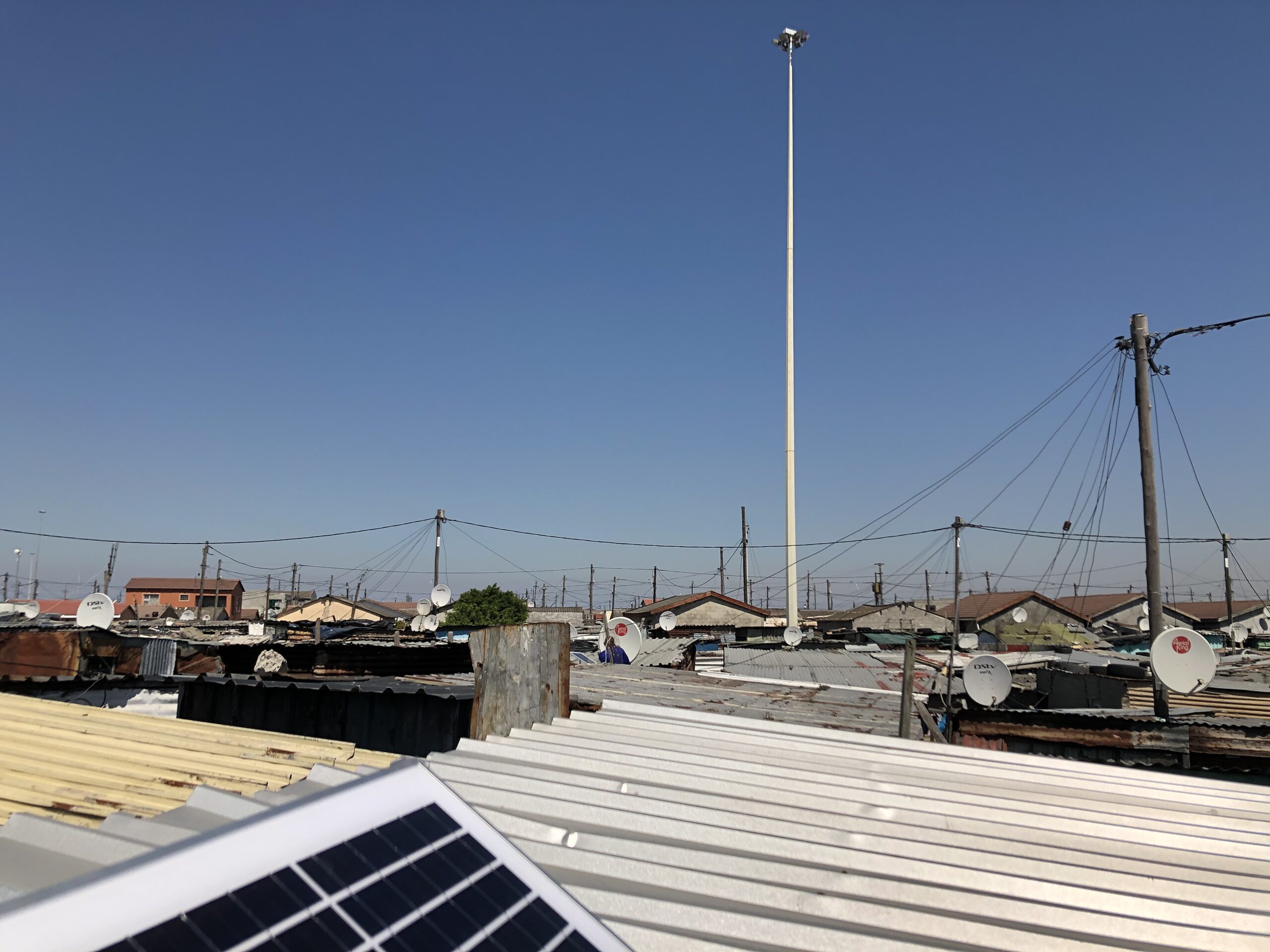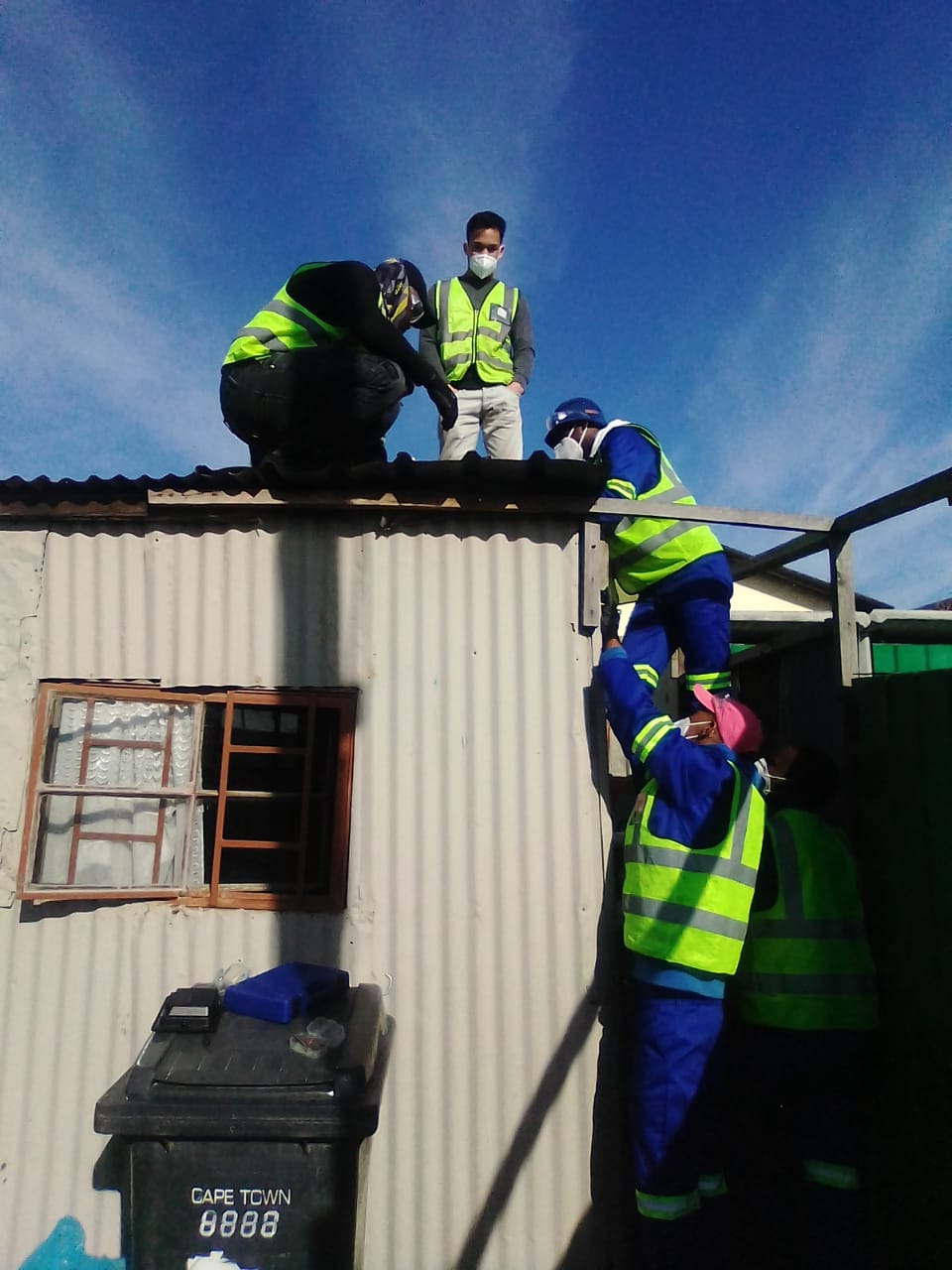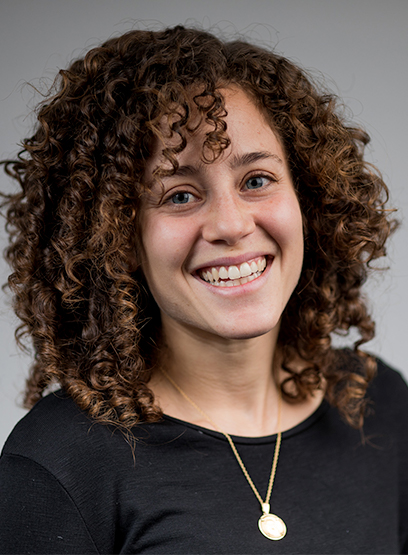When I first visited PJS Informal Settlement in Cape Town, in February 2018, and toured its labyrinth of narrow paths, there was no way I could have known that I would become an expert at navigating this maze. My colleague at the Institute for Science, Technology and Policy, Stephanie Briers, and I were PhD students in the ISTP’s Urban Research Incubator, and as part of the interdisciplinary program, we had recently agreed to collaborate on a transdisciplinary project. We were investigating whether a wall-mounted public light could address the public lighting challenges common to Cape Town’s informal settlements — and to study the impact of that technology on the residents’ experience of life at night.
The community leaders who showed us around PJS that day explained that the current public lighting, two high-mast lights (30-40-meter-tall flood lights), did not provide enough ubiquitous light for residents to see well at night. They told us that people were afraid to leave their houses in the dark to use the shared toilets located throughout the neighborhood, so many people used buckets inside their home instead. They also showed us that one of the high-mast lights was a crime hot spot, because criminals found it easy to rob people blinded by the brightness as they emerged from the dense, dark pathways.





